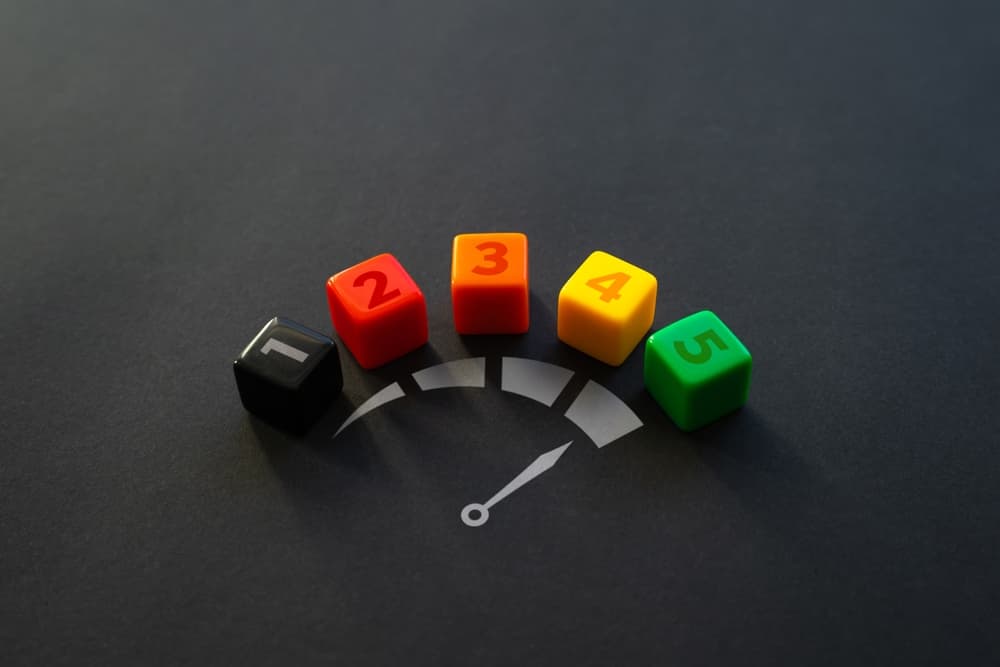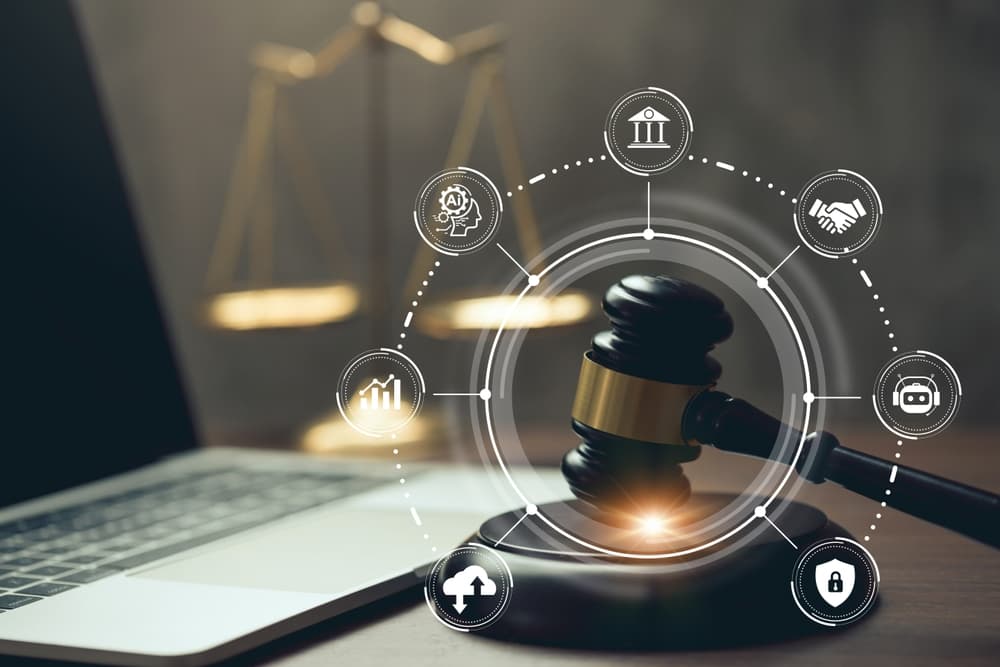Yes, in some states, like North Carolina, you can be charged with Driving While Impaired (DWI) on a bike. In at least 19 states, it is illegal to drive any “vehicle” while impaired, and courts have interpreted that to include bicycles.
Many cyclists may be surprised to know that the state considers bikes as vehicles when operated on public roads. Therefore, cyclists are subject to most traffic laws, including DWI laws. If charged, consulting a DWI lawyer is advisable to understand your legal rights and options.
Speak to a Criminal Defense DWI Attorney About Your Rights
If you’re facing a bike DWI charge, an experienced criminal defense attorney can help protect your rights, challenge the evidence, and potentially get the charges reduced or dismissed.
Schedule Your Free Consultation
Bike DWI Laws
Legal Definition and Interpretation
DWI laws are very broad. For example, North Carolina defines a vehicle as any device capable of transportation on a highway, except for devices moved solely by human power or used exclusively on fixed rails or tracks. When a bike is operated on public roads, it becomes a vehicle and is subject to vehicle regulations, including DWI laws.
When a DWI Charge is Imposed
Key elements that make bike DWI possible:
- The bicycle, as stated, is operated on public roads or highways
- Someone has physical control of the bike
- A presence of an impairing substance in the operator’s system
- There’s observable impairment or a blood alcohol concentration of 0.08 percent or higher
How Law Enforcement Handles Bike DWI
When police officers encounter a possibly impaired cyclist, they follow the same procedures as they would for motor vehicle DWI stops. It includes:
- Establishing reasonable suspicion for the stop
- Observing impairment
- Field sobriety tests
- Breathalyzer tests
- Arrest if probable cause exists
Bike DWI Penalties
The penalties for bike DWI can be steep but may be slightly different than motor vehicle DWI penalties. Therefore, knowing the consequences is important if you’re facing these charges.
Level System for DWI Punishment

As an example, North Carolina uses a 5-level system for DWI punishment, with Level 1 being the most severe and Level 5 being the least severe. The level is determined by aggravating and mitigating factors:
Level 5 (Least Serious)
- Fine up to $200
- 24 hours to 60 days in jail
- Possible suspended sentence with probation
- Substance abuse assessment and treatment
Level 4
- Fine up to $500
- 48 hours to 120 days in jail
- Possible suspended sentence with probation
- 48 hours community service
- Substance abuse assessment and treatment
Level 3
- Fine up to $1,000
- 72 hours to 6 months in jail
- Possible suspended sentence with probation
- 72 hours community service
- Substance abuse assessment and treatment
Level 2
- Fine up to $2,000
- 7 days to 12 months in jail
- Cannot be suspended
- Substance abuse assessment and treatment
Level 1 (Most Serious)
- Fine up to $4,000
- 30 days to 24 months in jail
- Cannot be suspended
- Substance abuse assessment and treatment
Additional Consequences

Beyond the immediate legal penalties, a bike DWI conviction can have long-term consequences:
- A criminal record affecting employment opportunities
- Higher insurance rates
- Professional license implications
- Immigration consequences for non-citizens
- Educational and housing opportunities
- Social stigma
How a Criminal Defense Attorney Can Help
An experienced DWI defense lawyer can help in bike DWI cases. Here’s how:
Case Evaluation and Strategy
An experienced DWI attorney will support your case by reviewing the case and finding out if any errors were made. They will also examine factors surrounding the case.
Legal Challenges and Defense Options

Initial Stop
- Was there reasonable suspicion?
- Were your rights violated?
- Was the proper procedure followed?
Field Sobriety Tests
- Were tests conducted properly?
- Were environmental factors considered?
- Were medical conditions considered?
Chemical Test Results
- Was the breathalyzer calibrated?
- Was the testing officer certified?
- Were the right procedures followed?
Alternative Resolutions
- Plea bargaining for reduced charges
- Deferred prosecution
- Treatment options
Getting Through the Legal Process

Your attorney will:
- Appear in court on your behalf
- File motions
- Negotiate with prosecutors
- Prepare for trial if necessary
- Advocate for minimum punishment
Prevention and Best Practices
To avoid bike DWI charges, try:
Alternative Transportation
- Ride-sharing services
- Call a friend or family member
- Walk your bike if you have to
- Plan ahead before you drink
Know Your Limits
- Know your alcohol tolerance
- Count your drinks
- Stay hydrated
Know the Traffic Laws
- Familiarize yourself with local cycling laws
- Understand DWI thresholds
- Know your rights during police stops
- Keep your bike in good working order and keep it lighted at night
Recent Developments and Trends

Bike DWI laws have changed in recent years. Below are recent developments:
- More emphasis on alternative transportation safety
- Greater awareness of cycling rights and responsibilities
- More emphasis on urban areas
- Specialized court programs for DWI cases
A Bike DWI Can Come With Severe Penalties
A bike DWI is a big deal and can have serious consequences. While getting a DWI while riding a bike may seem strange, the law does include bikes in its definition of "vehicles" when operated on public roads. Depending on the circumstances and your record, fines, and community service to jail time can result.
Contact a Criminal Defense Lawyer Who Handles DWI Cases Now
If you’re facing a bike DWI, you need to know your rights and options. An experienced criminal defense attorney can help you navigate the system, challenge the evidence, and get the best result. They can find weaknesses in the prosecution’s case, protect your rights, and potentially get the charges reduced or find alternative resolutions.
Plan ahead. If you’re going to drink, have alternative transportation or wait till you’re sober before you ride. Know your rights and responsibilities as a cyclist to avoid legal troubles and stay safe on the roadways.
When you’re facing DWI charges, you should always retain legal help. Do not go through the legal process alone. Call a DWI criminal defense attorney now. When you retain professional legal services, you can stay on top of your case and find a strategy that will work to your benefit. A DWI lawyer has the skills and local relationships to ensure your case is fairly and equitably managed.